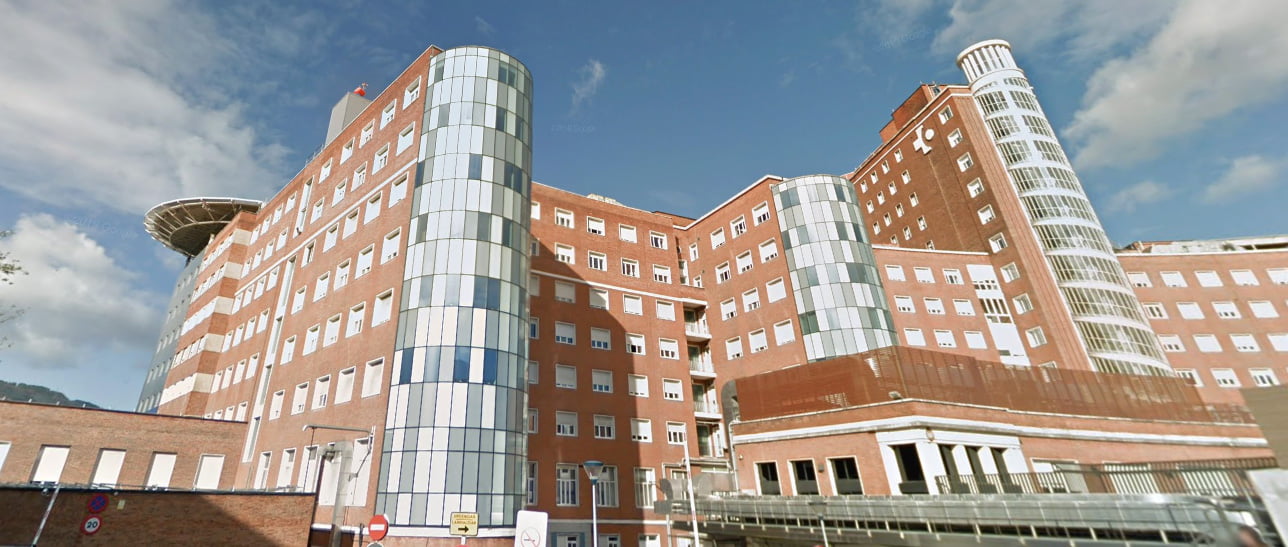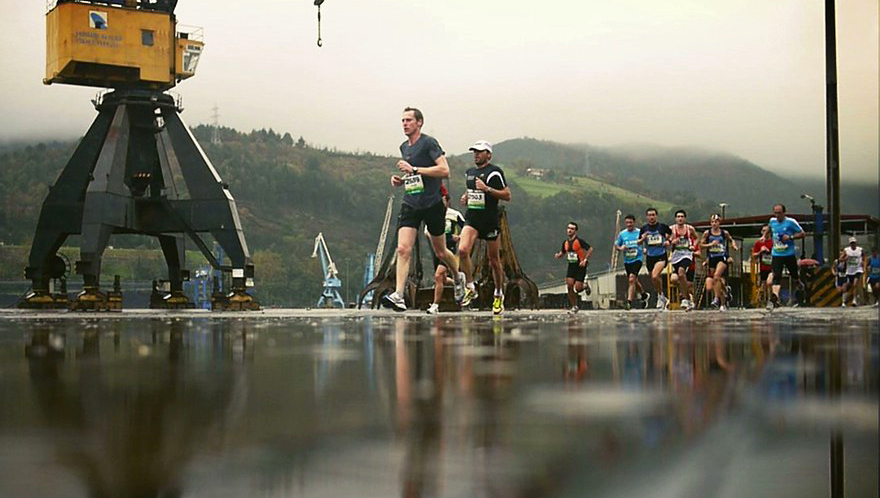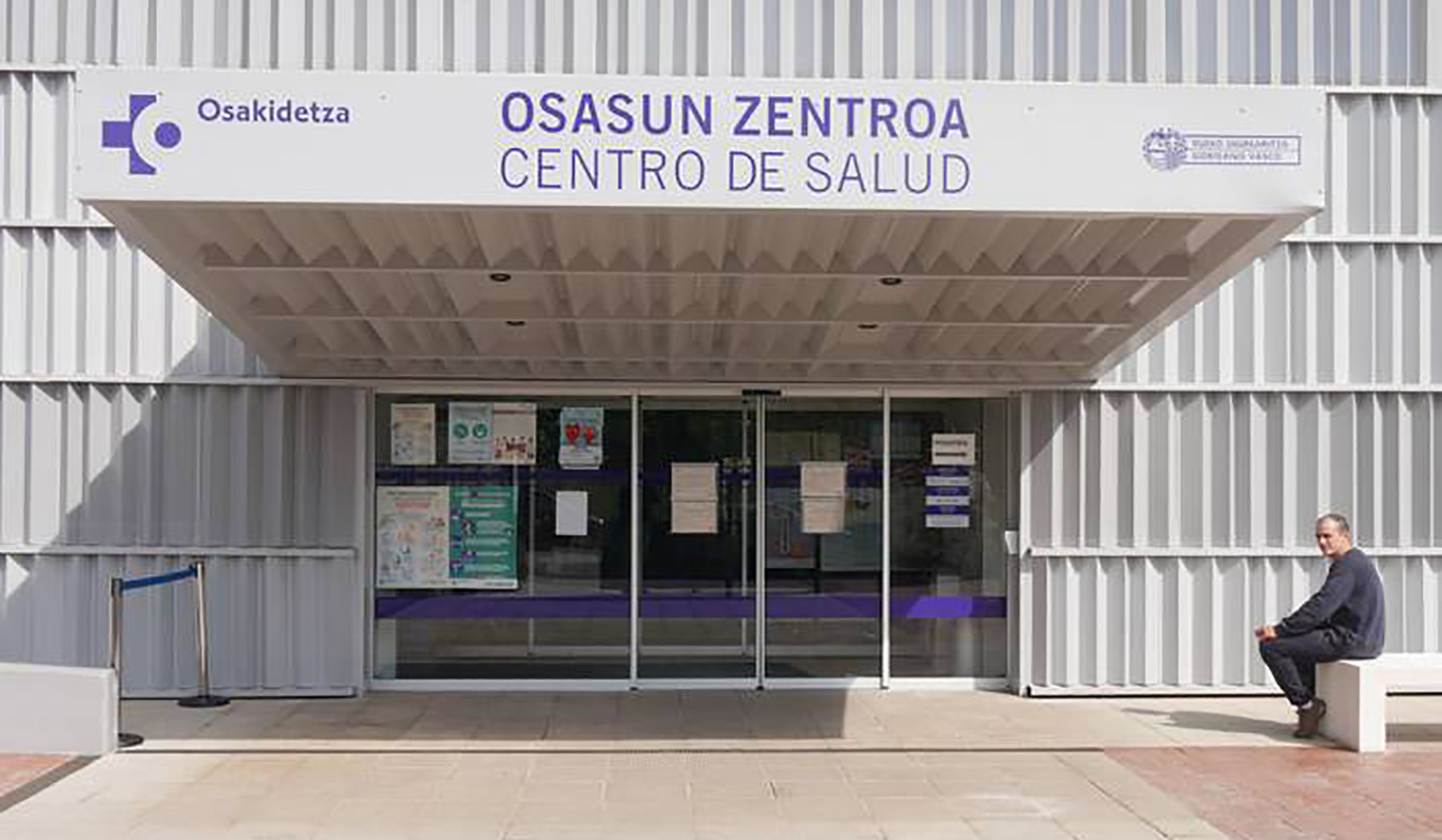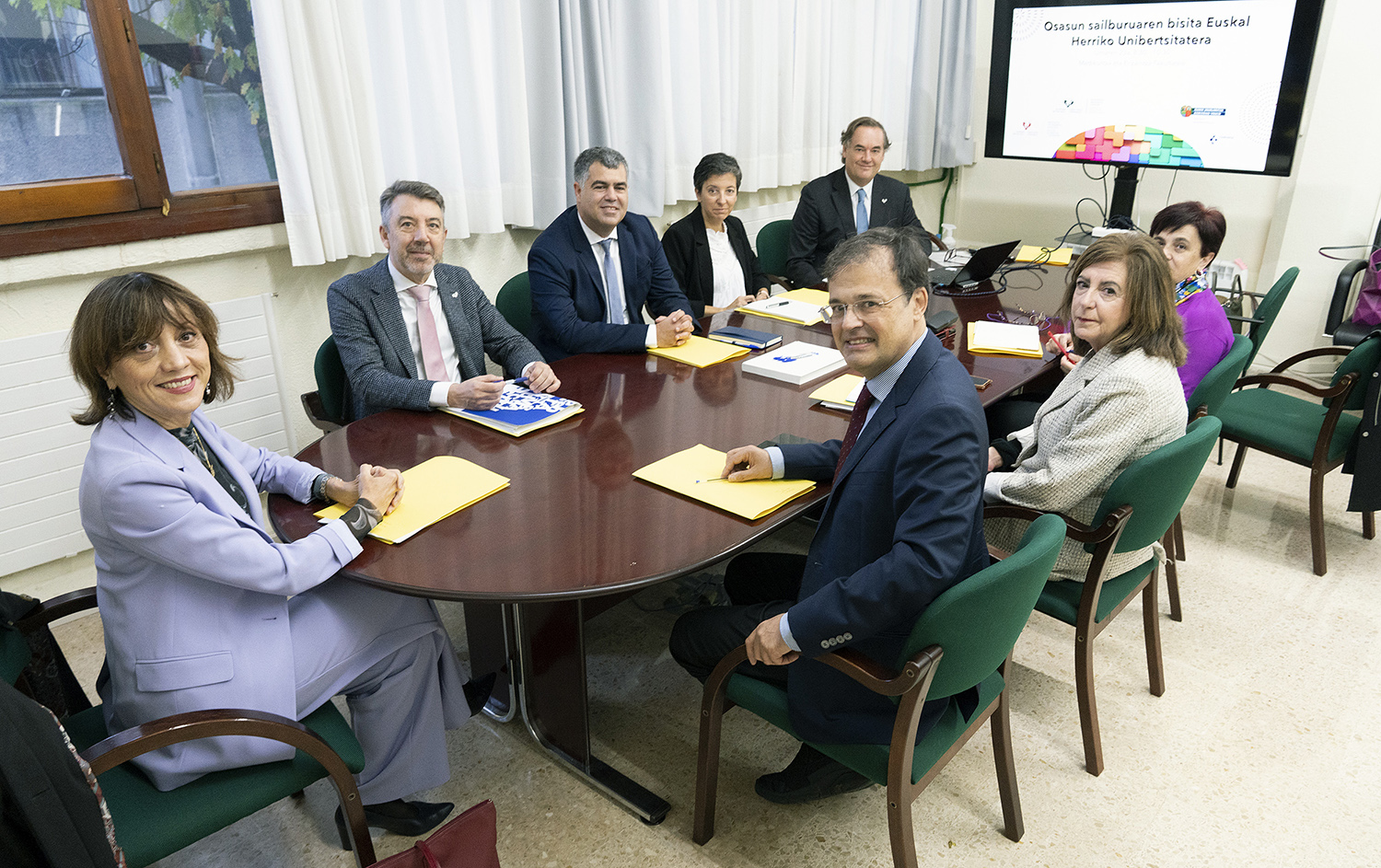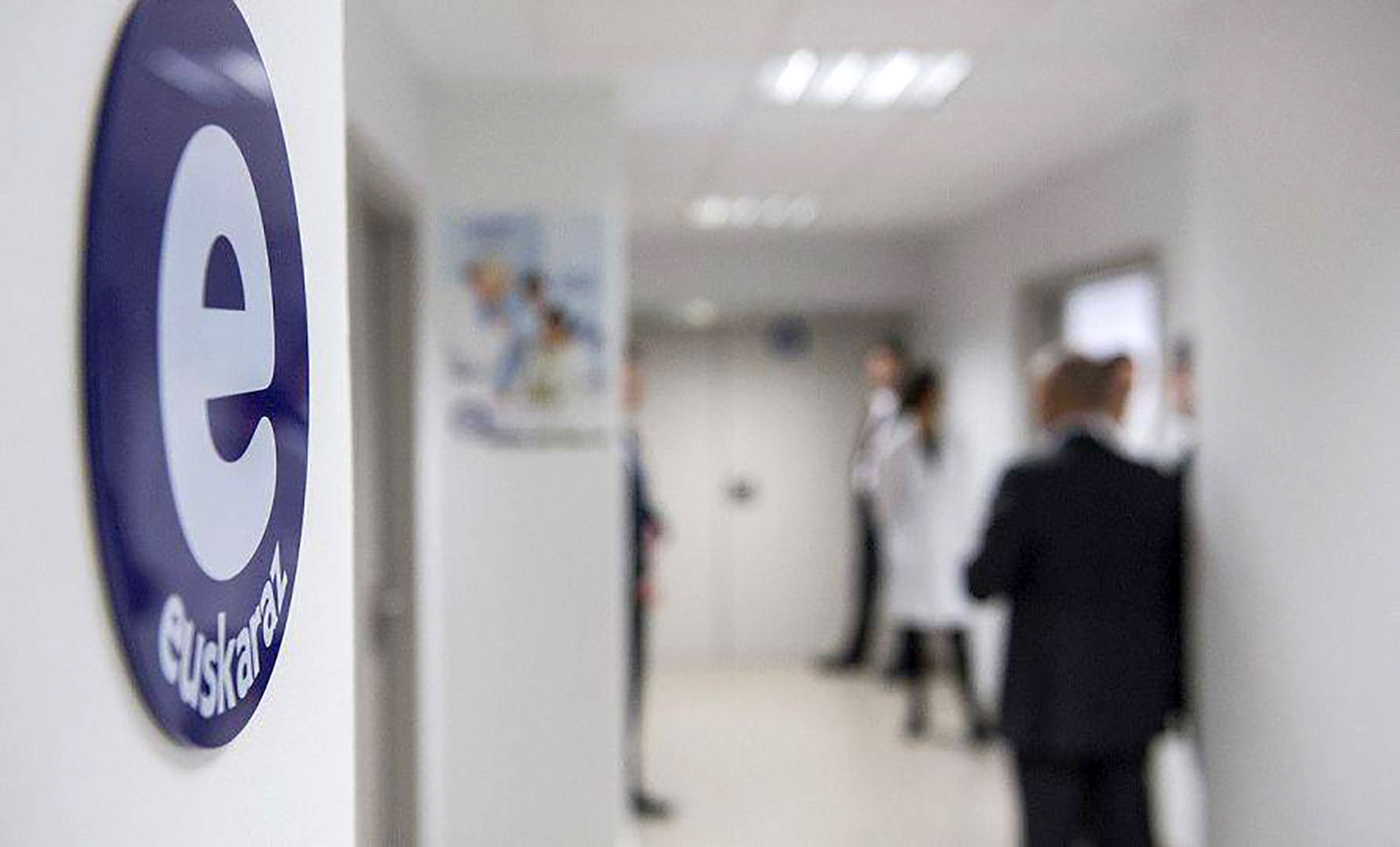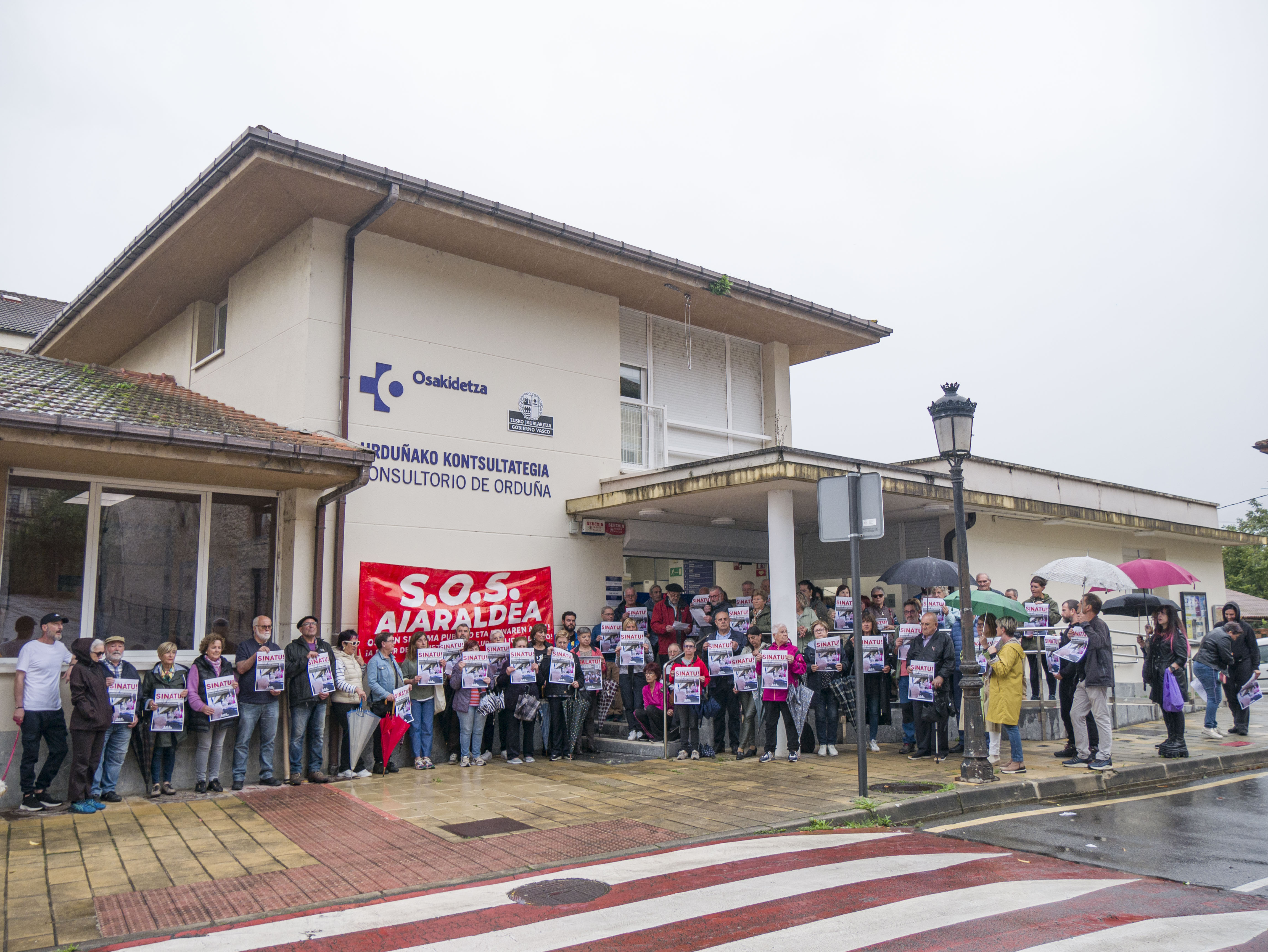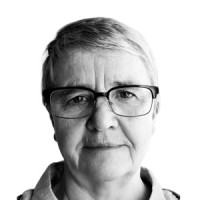"Osakidetza is sinking, we are facing a serious public health problem"
- Roberto González is a family doctor from Ayala. He stresses that the 42 year old death at Laudio is a reflection of a structural problem that has been hidden for decades. It stresses that the lack of foresight in the management of Osakidetza is a serious public health problem.

What do you read about what happened at the Continued Care Center in Llodio?
What happened in Laudio probably and unfortunately, even if there was a doctor, would have the same result. There are many cardiovascular stops that, although in front of the doctors, end like this. The seriousness of the situation resides in something else, the seriousness of the situation is that the nursing had to attend.
Nurses have not been trained for the diagnosis of treatment, this does not mean that they are not capable, but have not received training for it. In the same way that I can do plumbing work, but I have never done as a professional and trained plumber. Today there are many situations without a doctor in Osakidetza, and it is precisely the nurses who have to assume this responsibility, that cannot be accepted.
"The doctors of the Baby-boom generation were retiring and their gap has not been filled at the same pace. A long-predicted problem"
Why are doctors missing?
Osakidetza will declare that there are no doctors anywhere and the patients and affected will declare that there are no doctors hired. The consequence is the same, there are no doctors. But the reason for the absence of doctors is different in both cases.
Osakidetza has for many years become a “cheap oil”, like myself. When I finished medical school, there was an overdose of doctors. That’s why we were given an hour and a half or five hours contract, we were moved from one contract to another working forty days in a row… We were a “cheap oil”, used and threw us. That is how Osakidetza has treated us for many years.
Things have changed, however, the baby-boom doctors went away and the vacuum left by them at the same rate has not been filled. Now the members who enter the workforce do not accept these junk contracts of the time, they demand decent contracts. The new members do not accept the working conditions offered by Osakidetza.
When they say there are no doctors, it's true, but why does that happen? It does not happen because there are no doctors to hire, but because there are not those who hire the working conditions offered.
I have received many family doctors in their residencias.El first doctor I trained is working in Scandinavia, the second one is in Castile because nobody offered him a decent contract, there are three other emergency services… Emergencies “rob” many family doctors because they are awarded contracts that offer possibilities for structuring and reconciling life; in short, because they are offered the possibility of having a life independent of their work. Having said all this, of all the doctors I have trained for thirteen years, only one continues to work in primary care.
"People should know where the doctor is not to go to the place where they will be treated at the time they need it without wasting time. The list of Continuing Care Points that are going to be without doctors can't be found anywhere, and that's hiding information from citizens."
There are no doctors and no information available to citizens. In the absence of medical staff, Osakidetza should close the Continuing Care Centre or at least place an official sign indicating the absence of medical staff. If then citizens are thrown on top of Osakidetza or demonstrating it is logical, they have left them without a doctor.
People should know where the doctor is not to go to the place where you will be treated at the time you need it without wasting time. The list of Continuing Care Points that are going to be without doctors can't be found anywhere, and that's hiding information from citizens.
This is a very serious problem.
But the problem is so serious that the professionals we're working on are sent information from the posts that are left month by month to cover those jobs. I myself will collaborate many Saturdays in the PAC of Llodio and/or Basauri. That's not my job, but it gets through the kindness and volunteerism of doctors.
That's not a solution, that's a patch. The building is falling and those responsible have not foreseen it at all.
I knew this was going to happen since I finished medical school. We all knew that baby-boom doctors were going to retire and that that gap would have to be filled. But instead of resolving it, Osakidetza's maltreatment of doctors has been offered for many years. This could be foreseen a long time ago.
How to fix it? We will surely have to stop and accept that what is here is a serious public health problem. As in Pandemia, the situation in which urgent and extraordinary measures were taken is also very serious. Unfortunately, I do not see crisis gulls anywhere.
Why have the Department of Health officials not tackled this long-standing problem in time?
To simplify the answer: if my children leave dirty clothes in the kitchen and there is someone who picks it up, who cleans it and keeps it neatly, my children will never learn how to collect it, clean it and store it orderly.
If Osakidetza has had for decades professional actions of doctors and nurses who have solved problems and “cheap oil”, for Osakidetza there are no problems.
"Primary Care staff allocate between 25 and 30% of our activity to administrative accounts, rather than accompanying patients, that makes no sense"
It must be borne in mind that our managers are looking for quick solutions for four years, precisely for the period of their legislature. They never make a 20-year forecast, surely because this ball will pass to another government. During these four years they only have to photograph and inaugurate a centre. Who doesn't like to cut a tape? Professionals may not have the necessary training.
During all these years, the professionals' vocation has filled their gaps and deficiencies.
Will that vocation also have any limits?
In our unit, which groups Aiara, Urduña Artziniega and Amurrio, a survey was conducted a few years ago to detect Burn-out syndrome. Burn-out syndrome is a syndrome of the burned professional. The results indicate that 70% of the professionals of the unit were in a situation of burn-out, the conclusions were similar in the other units of Osakidetza. This means that two out of three health professionals are in this situation.
If we were working at a company dedicated to screw manufacturing, it would stop that company and focus on looking at the root of the problem. This is an occupational health problem. The problem has been reported to the Mutual Societies that serve primary care professionals, but no one faces it.
That's why health professionals are getting worse and worse. We have more and more health professionals, with an increasingly narrow agenda, less and less minutes to care for patients with quality. The feeling that many professionals have is that lately we are offering very little attention. It's frustrating to know how you should do your job and not be able to do it that way.
Primary care staff allocate between 25 and 30% of our activity to administrative accounts, rather than accompanying patients, it makes no sense.
Doctors then leave primary care because of poor conditions.
Yes, we have a very serious problem on the desktop, which had to have been solved ten years ago. It's not something that's going to happen, we're stuck in the neck, it's a public health problem that affects patient care.
The description of the problem does not solve the problem. There is a huge lack of foresight. In summer, when there is a flu epidemic… there are no doctors. These are not extraordinary events, they are repeated every year. But our leaders do not deal with it, and we professionals have to organize our calendars to fill gaps. Where has that been seen? The contracting company will have to provide solutions, but that is not the case. Many times you see yourself alone. Workers don't want to die in the effort, but every day we have people who need us.
What does that create? Sadness, frustration, anguish, desire to cry and, finally, abandonment of the first care. Our action entails significant personal wear, we cannot do things as we would like.
Do the leaders of Osakidetza work with you on the following issues?
They come from time to time to ask how we are. These are regrettable meetings, without respect. The managers, the directors... we have explained the situation over and over again and every time we ask for a crisis cabinet they answer “this is what is there.”
We must not forget that we are workers, hired by a company called Osakidetza. Osakidetza is responsible for the best attention to citizenship. Our duty is to do our work as best as possible, but we do not have the key to the solution.
"The Titanic is sinking. We no longer need a plan to avoid the iceberg."
In addition, those responsible for primary care management have not overcome an opposition. They are trustworthy charges. They can be very good at their work, with lots of ideas, or be bureaucrats. The fact is that since we started organizing at the OSIs, there has been no improvement in patient care and working conditions.
I suspect that they want to resume the search for “cheap oil” to solve their problem. It will be a patchwork again, but the situation of health professionals will never be.
What does Osakidetza need?
I sincerely hope that someone will act with foresight and form a cabinet to resolve the situation. We need a short-term plan, the Titanic is sinking. We no longer need a plan to avoid the iceberg. Let's get to the bottom, this is the situation to solve.
Today I see no solutions anywhere. I do not hear from the Health Advisor about this.
After what happened in Laudio, have you received any criteria or demonstration from the leaders of Osakidetza?
No, we have received nothing. Nobody has done anything. I've asked one of the nurses who treated a personal deceased citizen in Llodio how it is. I do not think that anyone under the Department of Health has approached the Llodio outpatient clinic to meet these two workers.
They have not given us any guidelines. No further action has been taken. Surely as the weekend approaches, they will call me to ask if I can collaborate at some Continuing Care Point; always, fill gaps. Solutions overnight.
Since Laudio's time passed, I have not heard Gotzone Sagardu make statements about this. That I've seen if I introduce myself to a project and I'm sure I'll see it soon at another opening.
They have been completed, the means have been put in place and quite quickly. What a relief when everything was quiet! But the balance has been great and yet another terror has been piled up behind his eyes, because at some point they thought they might never return, or not at... [+]
In summer, we retirees don't tend to be hungry for vacations, and we can calmly analyze everything around us. Here are some issues that surprised me.
Spain. The Euro Cup and the Olympic Games are all over the summer. I have to say beforehand that professional sport... [+]










